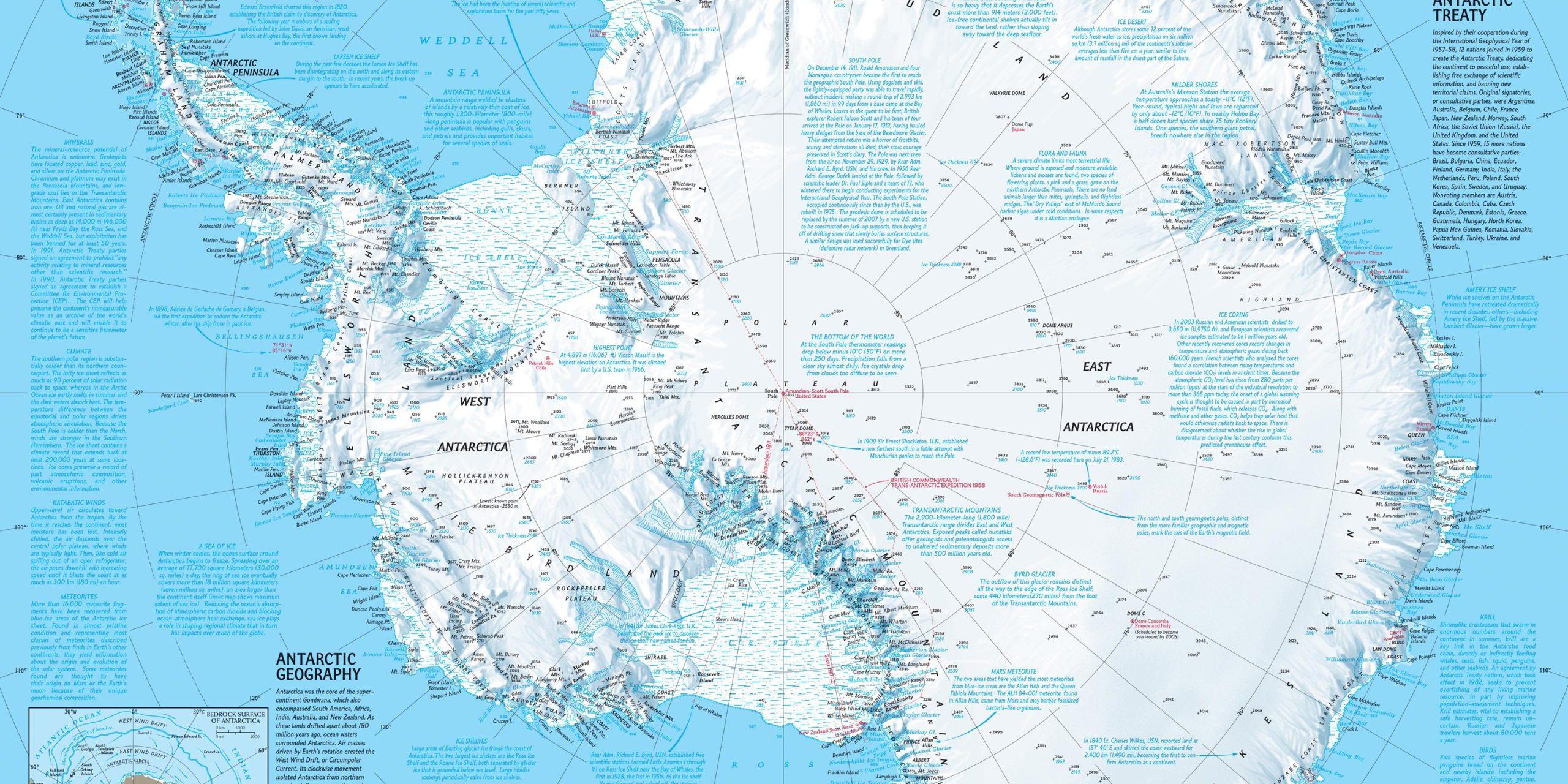Antarctica, the world’s most remote and inhospitable continent, has long captured the imagination of explorers and researchers. While modern science views it as a frozen wilderness, some theories suggest that Antarctica may have once been home to ancient civilizations. Though these ideas remain speculative, they offer intriguing perspectives on the continent’s potential role in human history. Antarctica: Ancient civilizations that may have existed. Find out more here about ancient maps, geological evidence, and so much more.
Geological Evidence of a Warmer Antarctica
Antarctica’s current icy landscape belies its geological past. Millions of years ago, the continent was part of the supercontinent Gondwana. During this time, Antarctica had a temperate climate, lush vegetation, and abundant wildlife. Fossil evidence, including remnants of ancient forests and dinosaur bones, confirms that Antarctica was once a thriving ecosystem.
Approximately 34 million years ago, the continent began to cool due to shifts in Earth’s orbit and tectonic movements. The isolation caused by the formation of the Southern Ocean contributed to the onset of glaciation. However, the possibility remains that humans or pre-human civilizations could have existed in Antarctica before it froze.
Ancient Maps and Controversial Theories
One of the most debated pieces of evidence supporting the idea of ancient Antarctic civilizations is the Piri Reis map. Created in 1513 by Ottoman cartographer Piri Reis, the map depicts the coastlines of South America and Africa with remarkable accuracy. Intriguingly, it also shows a landmass resembling Antarctica without ice. Some proponents argue that this indicates knowledge of the continent’s geography before it was covered in ice.
Critics of this theory suggest that the map may simply depict a distorted view of South America’s southern tip. However, the debate persists, fueled by the map’s detailed representation of features that were unknown in Piri Reis’s time.
Mythology and Ancient Texts
Legends and myths from various cultures have also contributed to speculation about ancient Antarctic civilizations. For instance, the Greek philosopher Plato’s account of Atlantis describes a highly advanced civilization that disappeared beneath the ocean. Some theorists have linked this story to Antarctica, proposing that Atlantis could have been located there before it was buried under ice.
Similarly, ancient Hindu texts reference a polar continent known as “Shveta-dvipa” or the “White Island.” While these descriptions are often interpreted metaphorically, they have inspired connections to Antarctica in esoteric circles. Such interpretations remain speculative but highlight the continent’s enduring allure in human imagination.
Subglacial Anomalies and Advanced Technology
Modern technology has revealed intriguing anomalies beneath Antarctica’s ice. Satellite imaging and radar have uncovered subglacial lakes, mountain ranges, and ancient river systems. One of the most significant findings is Lake Vostok, a massive freshwater lake buried beneath four kilometers of ice. These discoveries suggest that Antarctica’s subglacial environment could harbor secrets from the distant past.
Speculation about advanced ancient civilizations often points to these hidden features. Proponents of fringe theories suggest that advanced societies could have thrived in Antarctica’s temperate past. However, mainstream science has yet to find concrete evidence to support these claims.
The Role of Climate Change
Antarctica’s climate has undergone dramatic shifts over millions of years. Some researchers argue that brief periods of warming may have allowed humans or pre-human species to explore or settle in the region. The discovery of stone tools and artifacts on other continents once thought uninhabitable supports the idea that ancient humans were more resourceful than previously believed.
As ice continues to melt due to climate change, new discoveries may emerge. Melting glaciers and retreating ice sheets could reveal ancient fossils, artifacts, or geological features that shed light on Antarctica’s history. These findings could potentially support or refute the idea of ancient civilizations in the region.
Challenges to the Theory
Despite its intrigue, the theory of ancient Antarctic civilizations faces significant challenges. The harsh conditions of the continent make long-term human habitation unlikely. Even during its temperate periods, Antarctica’s isolation and lack of resources would have posed significant obstacles to sustaining a civilization.
Furthermore, no definitive archaeological evidence has been found to support the existence of ancient civilizations in Antarctica. While subglacial lakes and geological features are fascinating, they have not yielded artifacts or structures indicative of human habitation.
Antarctica in Popular Culture
The idea of ancient Antarctic civilizations has permeated popular culture, inspiring books, movies, and documentaries. Works such as H.P. Lovecraft’s At the Mountains of Madness and the film The Thing explore the concept of hidden worlds beneath the ice. While fictional, these narratives reflect humanity’s fascination with the unknown and the possibility of lost histories.
The Future of Antarctic Exploration
Advances in technology may eventually provide answers to some of the mysteries surrounding Antarctica. Tools like ground-penetrating radar, autonomous underwater vehicles, and ice core drilling allow scientists to study the continent in unprecedented detail. As exploration continues, the potential for groundbreaking discoveries remains high.
Even if evidence of ancient civilizations is never found, Antarctica’s geological and ecological history offers invaluable insights into Earth’s past. Understanding the continent’s transformations can help scientists predict future climate changes and their impact on the planet.
Conclusion
The idea of ancient civilizations in Antarctica captivates the imagination and invites us to consider the vastness of Earth’s history. While evidence remains elusive, the continent’s mysterious past continues to inspire exploration and speculation. As science advances, Antarctica may yet reveal secrets that challenge our understanding of the ancient world. Antarctica: Ancient civilizations that may have existed. Find out more here about ancient maps, geological evidence, and so much more on the Antarctica blog by Daniel River.






